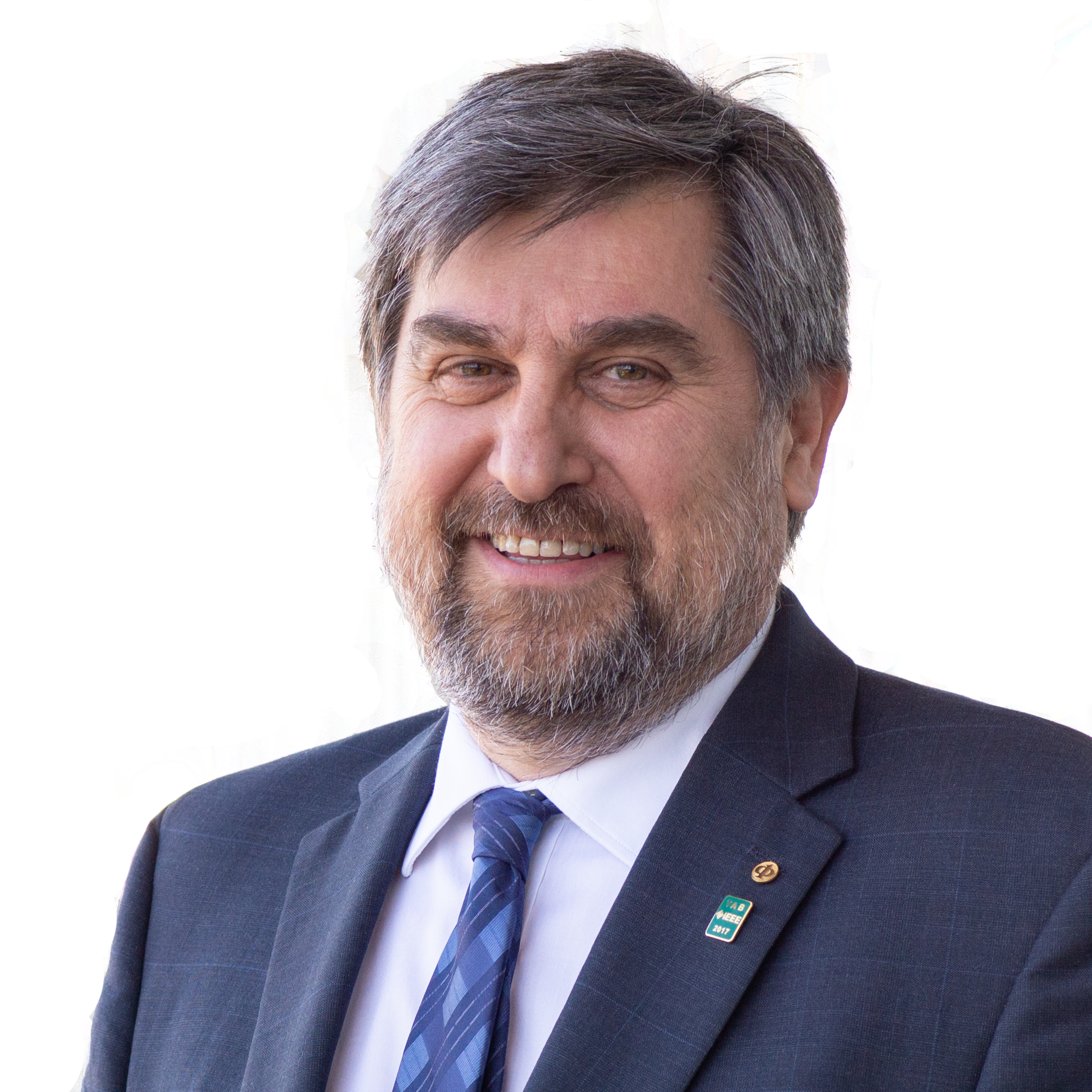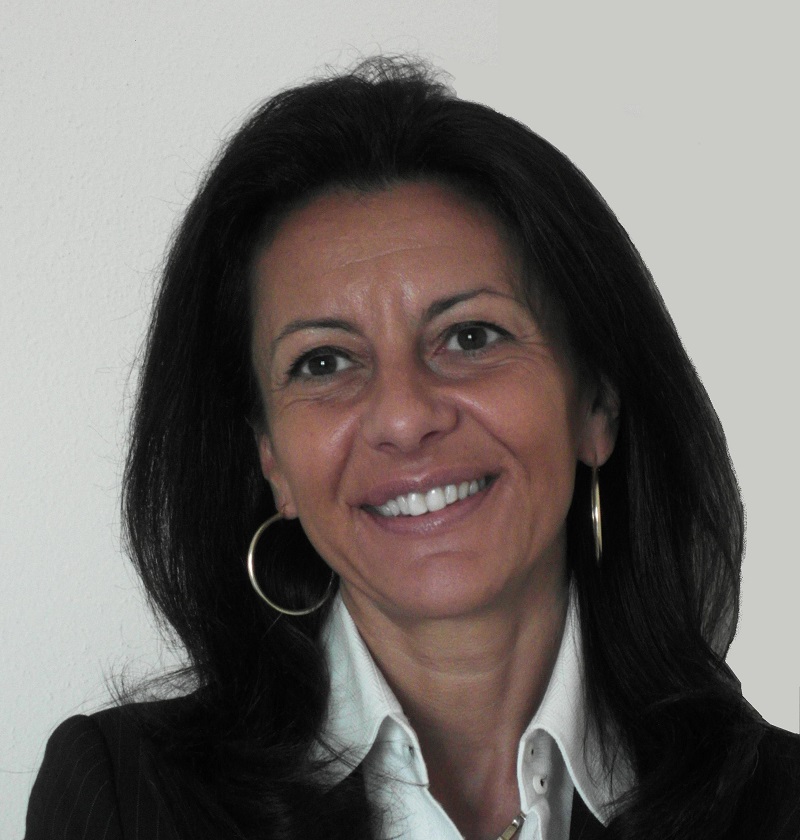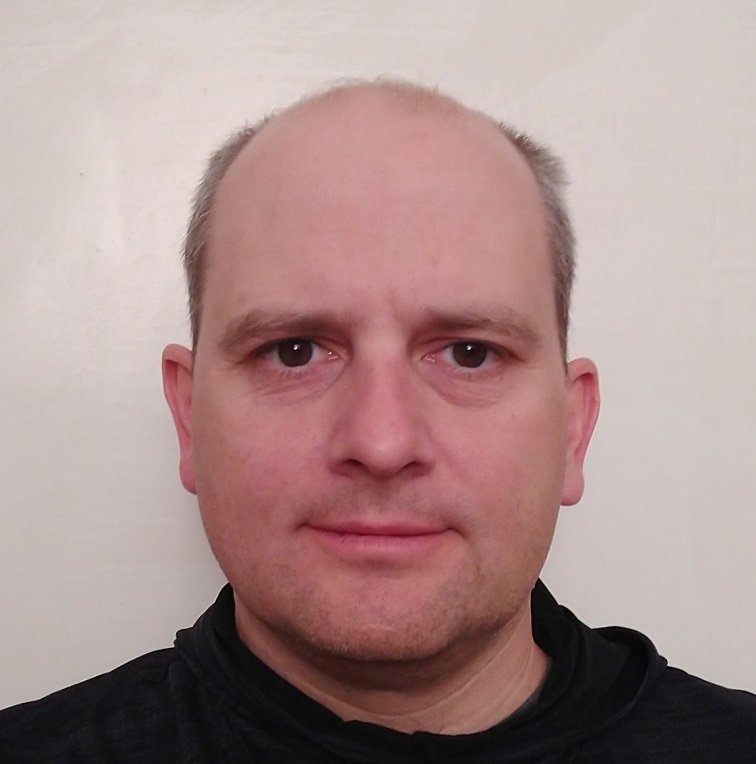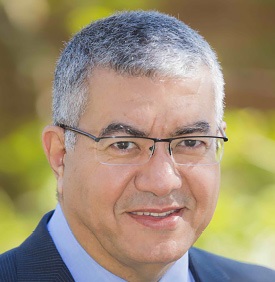IEEE Services 2019 Plenary Events
Plenary Panel: 2020 Tech Predictions
| Title: | 2020 Tech Predictions - A Preview of the End of the Year Computer Society Report |
| Date/Time: | Friday July 12, 15:45 - 17:00 Location: Aula Magna, Universita' degli Studi di Milano |
| Summary: | IEEE Computer Society technology experts provide annual predictions for the future of tech, presenting what they believe will be the most widely adopted technology trends for the following year. We also describe additional promising technologies that have not yet reached broad adoption and will be revisited next year, as well as technologies that have outpaced many others, and have reached adoption. This panel will provide a sneak peek of the next year’s predictions. |
| Chair: |  Dejan Milojicic Dejan MilojicicMilojicic is a distinguished technologist at Hewlett Packard Labs, Palo Alto, CA (1998-) leading system software teams over 4 continents and projects with budgets of millions US$. He worked at the OSF Research Institute in Cambridge, MA and at the Mihajlo Pupin Institute in Belgrade, Serbia. Milojicic received his PhD from Kaiserslautern University, Germany; and his MSc/BSc from Belgrade University, Serbia. He was a technical director of the Open Cirrus Cloud Computing Testbed, with academic, industrial and government sites in the US, Europe, and Asia. He has published 2 books and 180 papers; he has 31 granted patents. He is an IEEE Fellow (2010) and ACM Distinguished Engineer (2008). Milojicic was on 8 PhD thesis committees and taught Cloud management course at SJSU. As president of the IEEE Computer Society (2014), he started Tech Trends, the top viewed CS news. As the industry engagement chair, he started IEEE Infrastructure’18 conference. |
| Panelist: |  Cecilia Metra Cecilia MetraCecilia Metra is the 2019 President of the IEEE Computer Society. She is a full professor and Deputy-President of the Engineering School at the University of Bologna, Italy, where she has worked since 1991, and from which she received a PhD in electronic engineering and computer science. In 2002, she was visiting faculty consultant for Intel Corporation. Her research interests are in the field of design and test of digital systems, reliable and error resilient system design, fault tolerance, fault modeling, emergent technologies, energy harvesting and photovoltaic systems. She published extensively in these fields. Her research received public and private funding (from companies such as Intel Corporation, STMicroelectronics, etc.) at national and international levels. She is an IEEE Fellow, IEEE Computer Society Golden Core Member, and a member of the IEEE Honor Society IEEE-HKN. She received two Meritorious Service Awards and six Certificates of Appreciation from the IEEE Computer Society. |
| Panelist: |  Zoran Dimitrijevic Zoran DimitrijevicZoran Dimitrijevic has been a principal software engineer at Altiscale since 2014 and at SAP after the acquisition in 2016 working on Big-Data-as-a-Service systems based on Apache Hadoop and Apache Spark. Before Altiscale, Zoran worked as a software engineer at Google, from 2004 to 2013, working on Google distributed systems including Google File System and Google News Archives, News, Search, and Video/YouTube. Zoran received a PhD in Computer Science from the University of California, Santa Barbara in 2004, and a Dipl.Ing in Computer Engineering from the School of Electrical Engineering, Belgrade University, Serbia in 1999. |
| Panelist: |  Roberto Saracco Roberto SaraccoRoberto Saracco fell in love with technology and its implications long time ago. His background is in math and computer science. Until April 2017 he led the EIT Digital Italian Node and then was head of the Industrial Doctoral School of EIT Digital up to September 2018. Previously, up to December 2011 he was the Director of the Telecom Italia Future Centre in Venice, looking at the interplay of technology evolution, economics and society. At the turn of the century he led a World Bank-Infodev project to stimulate entrepreneurship in Latin America. He is a senior member of IEEE where he leads the Industry Advisory Board within the Future Directions Committee, chairs the Symbiotic Autonomous Systems Initiative and co-chairs the Digital Reality fostering Digital Transformation Initiative. He teaches a Master course on Technology Forecasting and Market impact at the University of Trento. He has published over 200 papers in journals and magazines and 14 books.He writes a daily blog, http://sites.ieee.org/futuredirections/category/blog/, with commentary on innovation in various technology and market areas. |
| Panelist: |  Sumi Helal Sumi HelalSumi Helal, Fellow IEEE, obtained his PhD from Purdue University in 1991. He is professor and Chair in Digital Health at Lancaster University, UK, where he leads interdisciplinary research initiatives in digital health. He directs the Lancaster University’s Center on Digital Health and Quality of Life Technologies, and is lead on the digital health infrastructure and strategies in the Fylde Whyndyke Garden Village - one of ten NHS Healthy New Towns project. Before joining Lancaster, he was a Computer and Information Science and Engineering Professor at University of Florida, USA, and Director of its Mobile and Pervasive Computing Laboratory. His active areas of research focus on architectural and programmability aspects of the Internet of Things, and on pervasive/ubiquitous systems and their human-centric applications He served as Editor-in-Chief of IEEE Computer (2015-2018), and currently serves on the Board of Governors of IEEE Computer Society and Chair of its Magazine Operational Committee. |
| Panelist: |  Mark Sherman Mark ShermanDr. Mark Sherman is the Technical Director of the Cyber Security Foundations group at CERT within CMU’s Software Engineering Institute. His team focuses on foundational research on the life cycle for building secure software and on data analytics in cyber security. Before coming to CERT, Dr. Sherman was at IBM and various startups, working on mobile systems, integrated hardware-software appliances, transaction processing, languages and compilers, virtualization, network protocols and databases. Dr. Sherman received his undergraduate degrees from MIT and his PhD in Computer Science from CMU. He has published over 50 papers and several books on various topics in computer science. |